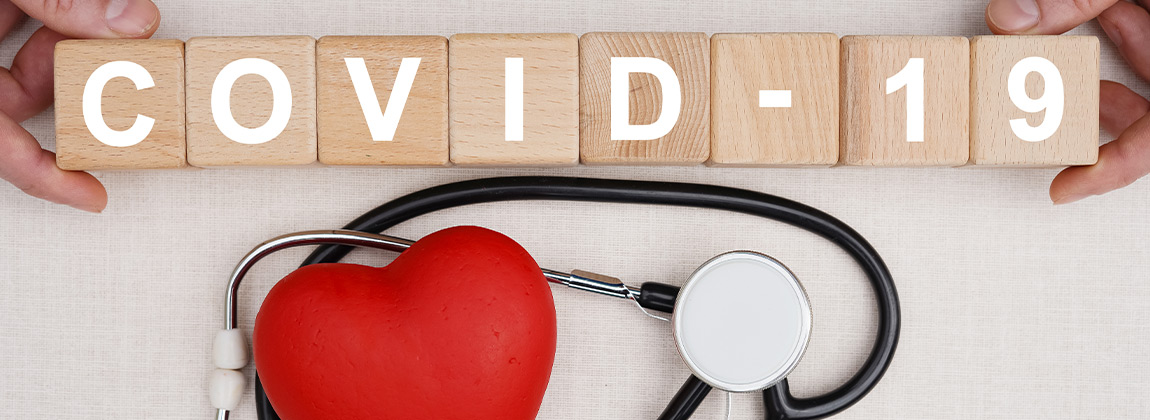3 Ways COVID-19 Will Impact Millennial Employees

No one could have imagined that the year 2020 would bring so much fear, uncertainty and changes to our world. Every generation has been impacted in one way or another. But the millennial generation (those born between 1981 and 1996), including those in Greater Des Moines (DSM), may be feeling the effects of the pandemic for years to come.
According to a recent Blue Cross® and Blue Shield® (BCBS) Health of America Report®, once a millennial hits age 27, their health begins to decline. In fact, the report finds that 6 of the top-10 conditions affecting millennials are behavioral health conditions, which impact mental and emotional well-being. And, eight of the top 10 conditions saw double-digit increases.
So, why should you care? This generation will account for 75% of your workforce by 2025. And, based on the findings from the Health of America report, their health will have substantial effects on the American economy and total cost of health care in the next two decades. Consider these traumatic experiences that millennials will be recovering from due to the COVID-19 pandemic:
Top 3 Ways COVID-19 Will Impact Your Millennial Employees
1. Depression
Before the pandemic hit, Johns Hopkins found 42% of employees struggle at one time or another with some level of stress, anxiety or depression caused by pressures at work. Imagine how they are feeling now during the pandemic. Whether an employee is furloughed, has a family member who is laid off or is still making a smooth transition to working remotely, this time can cause a lot of stress and anxiety.
2. Social Isolation
According to a survey conducted by YouGov, 30% of millennials were the most likely to say they felt lonely either often or always. More than other generations, millennials are also delaying marriage and children — therefore, many have been isolated throughout the pandemic and haven’t been able to see friends, neighbors, coworkers or family members like they once did. Long-term social isolation can negatively impact employee health and well-being. According to the American Psychological Association, research shows that the magnitude of risk presented by social isolation is very similar to that of obesity, smoking and lack of access to care and physical activity.
3. Financial Loss
From job loss and furlough to trading a dual income for a single income, this pandemic has showcased extreme economic loss within a few short months. Millennials — soon to be the largest population of your workforce — will bear this financial impact the most.
There is an added urgency of addressing the health — specifically behavioral health — of this population according to a new Blue Cross Blue Shield report, Millennial Health: Trends in Behavioral Health Conditions. Since 2019, there's been a 12% increase in major depression, a 7% increase in alcohol use disorder and a 5% increase in both tobacco use disorder and substance use disorders. And, the upward trend over the last six years is even more dramatic. Among millennials since 2014, there has been a 43% increase in instances of major depression, a 17% increase in substance use disorders and a 39% increase in those diagnosed with ADHD.
How You Can Help Your Millennials in the Workplace
Wellmark Blue Cross and Blue Shield created a new e-book, “Millennials in Your Workplace,” available to help Iowa employers better understand millennial health trends and their potential impact on the workplace. The e-book is free to download and provides chapters and insights on:
- Meet the millennials. Understand what makes this generation tick, what they are like as employees and why employers should care.
- Millennial health. Learn what the Health of America report says about the behavioral and physical conditions affecting millennials and the economic implications of not addressing their health.
- Health of your workplace. Take a look at the most-requested benefits millennial employees want now and why they want them.
- Impact of COVID-19. Learn about the lasting impact COVID-19 will have on the millennial generation.
- Sustainable solutions. Dive into the products and solutions Wellmark offers and how to get the support you need.
Find tips and resources for workplace wellness from The Partnership here, including for mental health, working from home and more.
You can count on The Partnership to continue to share accurate and fact-based updates. See more on COVID-19 here.
Julie Enga
Julie Enga is a team leader for employer consulting and well-being services at Wellmark® Blue Cross® and Blue Shield®. She and her team actively consult with employer groups to ensure they have the support, tools and services to keep their employees performing at their best based on data, best practices, research and experience.